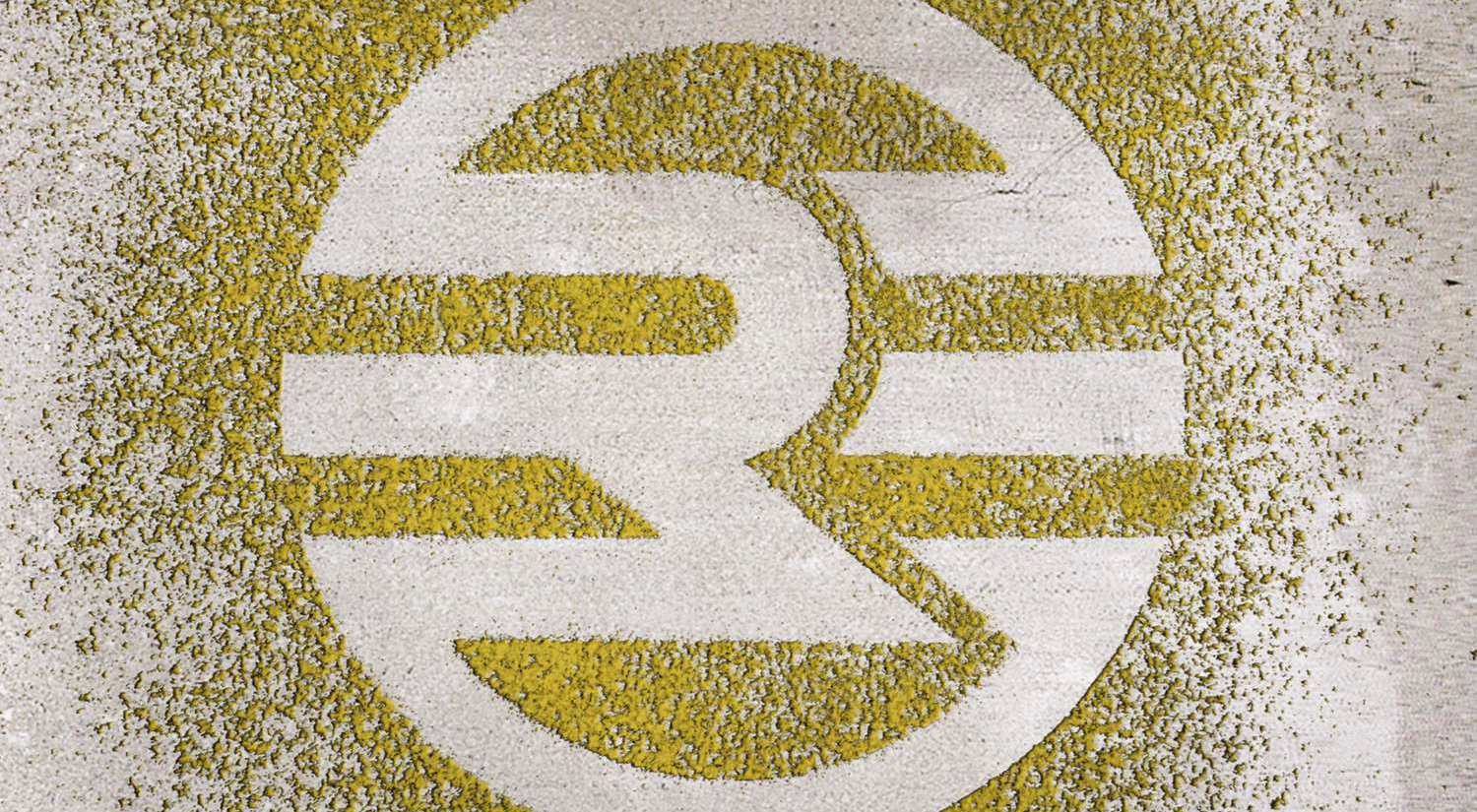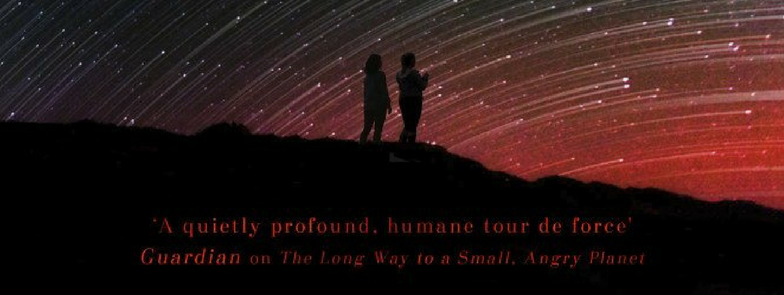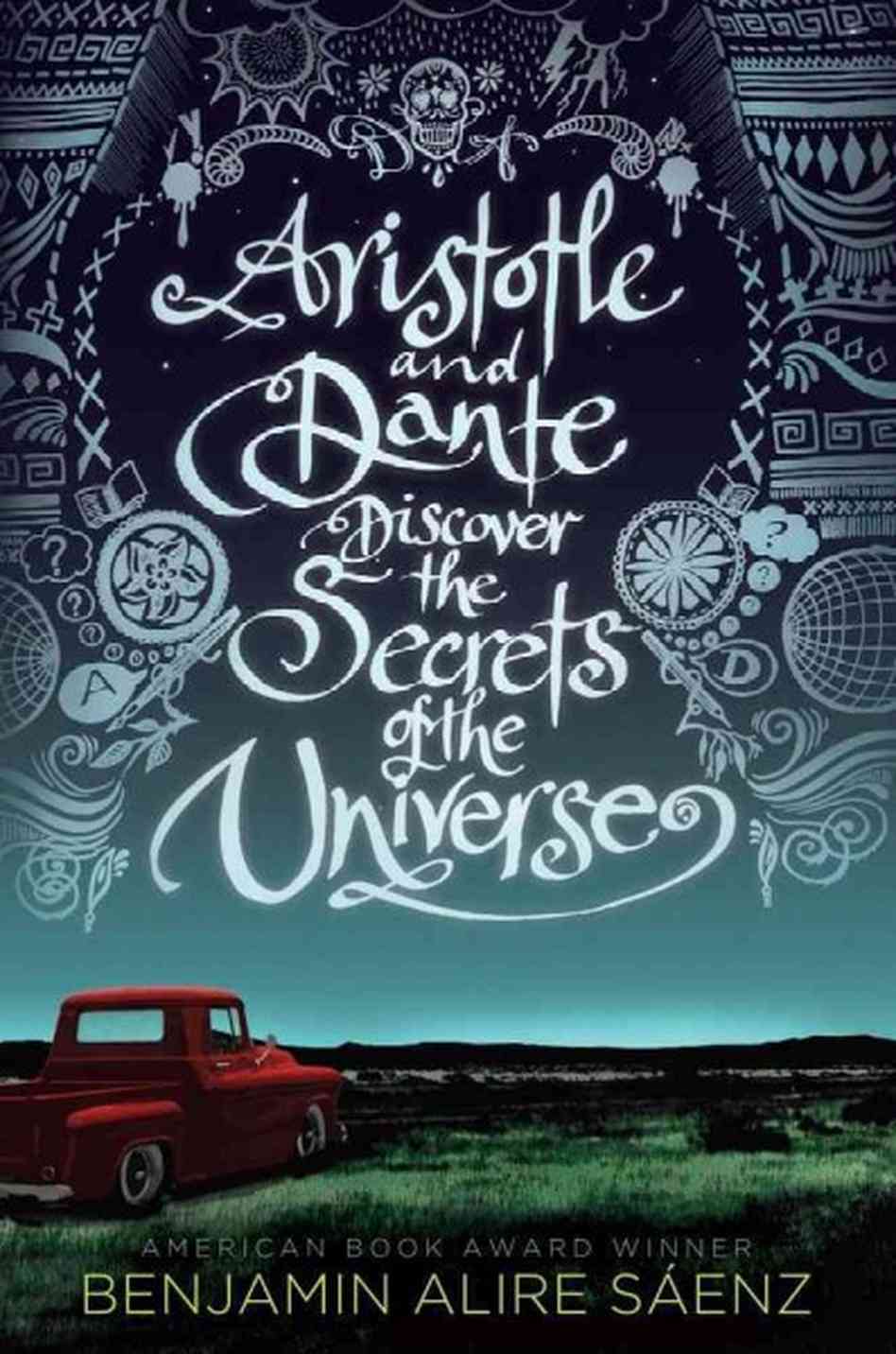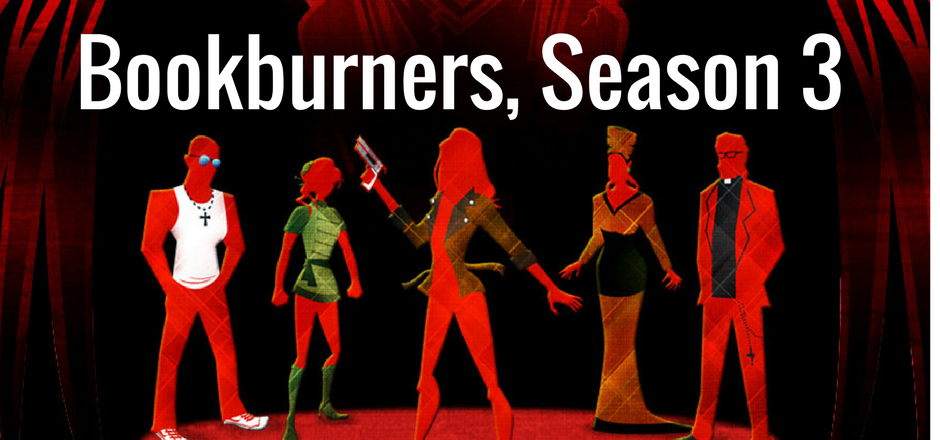The Hunger Games is a tough act to follow.
The trilogy’s impact is undeniable: it redefined the Young Adult genre, set the standard for dystopian novels and incorporated a view of our world and our culture that hundreds of books after it would seek to emulate for years to come. Suddenly, making a statement or a thinly-veiled warning about our current lifestyle became a defining trait of dystopian and post-apocalyptic YA.
From the abuse of natural resources to our overconfidence in the military, modern dystopian and post-apocalyptic YA novels take it upon themselves to dissect American culture and send a message about them to the world. The teenage blood-bath is optional, but the references to America seem to be a fixture in the genre that’s here to stay.
An aspect of American tradition that’s repeatedly examined in YA dystopia is the United States’ unwavering commitment to the military. In novels like Legend and Shatter Me with futuristic societies reformed after some long-gone disaster and stories like The 5th Wave or Ashfall where the disaster is recent or still taking place, the entire social structure turns to the military to help it reform, still trusting that faith in the military ingrained in them since childhood.
In all of these books, however, the military uses its command to take strict ideologies farther than what the rest of the population can take. In the cases of Legend and Shatter Me, the military keeps tight control over what’s left of the country and harshly punishes any deviation from the rules, not to mention that their control has built a false illusion of peace and stability for those in power while the rest of the nation suffers. In the cases of The 5th Wave and Ashfall, the military entices the population with false hopes of protection and survival and then uses them to their own advantage. In all of these works, the loyalty of the people to the military and the military’s own commitment to the people is brought into questioning and the American tradition of blindly following the military results in ominous outcomes for the people.
The most thought-provoking and disturbing visualization of America as a dystopia, though, has little to do with the military or capitalism, and instead goes straight to the core of what it means to be an American. In Neal Shusterman’s Unwind, a second civil war broke out because of reproduction rights: one side wanted legalized abortions, the other abhorred the idea, and the two sides brought their fighting to an end by reaching an agreement that “satisfied” both factions, but with a price paid by those caught in the middle. In the world of Unwind, there are no abortions – but the parents can choose to have the child between 12 and 18 “unwinded,” which means that all of his or her organs will be harvested against her or his will.
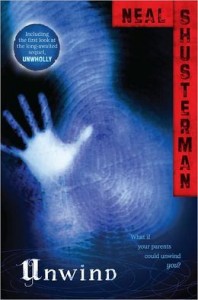 The core of the U.S. is the idea of freedom and equality, but those iconic lines in the Constitution are often exercises in relativism. In Unwind – like the real American Civil War – one torment was exchanged for another, and both factions are willing to look the other way as long as they can rejoice on the idea that they won. The payment is then extracted from those who had nothing to do with the decision, over whose head all the fighting was done even when it concerned them. In this ongoing trilogy, Shusterman concerns himself not only with the historical tradition of solving problems, but also with current issues that have the nation stirred.
The core of the U.S. is the idea of freedom and equality, but those iconic lines in the Constitution are often exercises in relativism. In Unwind – like the real American Civil War – one torment was exchanged for another, and both factions are willing to look the other way as long as they can rejoice on the idea that they won. The payment is then extracted from those who had nothing to do with the decision, over whose head all the fighting was done even when it concerned them. In this ongoing trilogy, Shusterman concerns himself not only with the historical tradition of solving problems, but also with current issues that have the nation stirred.
Nonetheless, not all jabs taken to American traditions by dystopian novels are straight to the heart of what essentially constitutes the United States. Some are concerned with other less patriotic affairs – like the obsession with beauty culture as can be seen in Westerfeld’s Uglies or our infatuation with being an aggressively individualistic society, as can be seen in What’s Left of Me.
Other novels instead just speculate on the worrying progression of certain practices, like in the popular trilogy Matched. While this novel does have a totalitarian government, the story focuses on how a person’s life-long partner is chosen through compatibility exams and computers and then thrown at you to be content, or at least pretend to be. The complaint against online dating is there, and it makes a cautionary tale about our increasing reliance on technology and science. That last one isn’t exactly revolutionary or even unique to the genre, but it’s been gaining presence in many other dystopian YA titles like Glitch, In the After, Revolution 19, and The Maze Runner where the ethical boundaries of science have been erased and re-drawn way too close for comfort.
The truly amazing thing about many of these titles is that while they take their shots at the U.S. and criticize its faults, they have a spark within them that’s undeniably American and urges the characters to get on the right path. In almost every one of the previously mentioned dystopias, from The Hunger Games to Legend to Unwind, the desire for freedom and equality becomes the motto of the characters, the flames that fuel their resolve to fight, and that is indisputably and inherently American.
Even as they take their turns at making statements about their societies, the driving force behind each blow comes from a pride on the ideals that founded this country. Amidst all the fear and cynicism, there is an unwavering desire to believe in this country and its ideals, and that, in spite of everything, is actually quite patriotic.
Lorraine Acevedo Franqui writes for Girl In Capes from Puerto Rico and holds degrees in English Literature and Psychology. Her main interests are young adult lit, anything related to The Legend of Zelda and Kingdom Hearts, assorted shounen mangas and cats.
